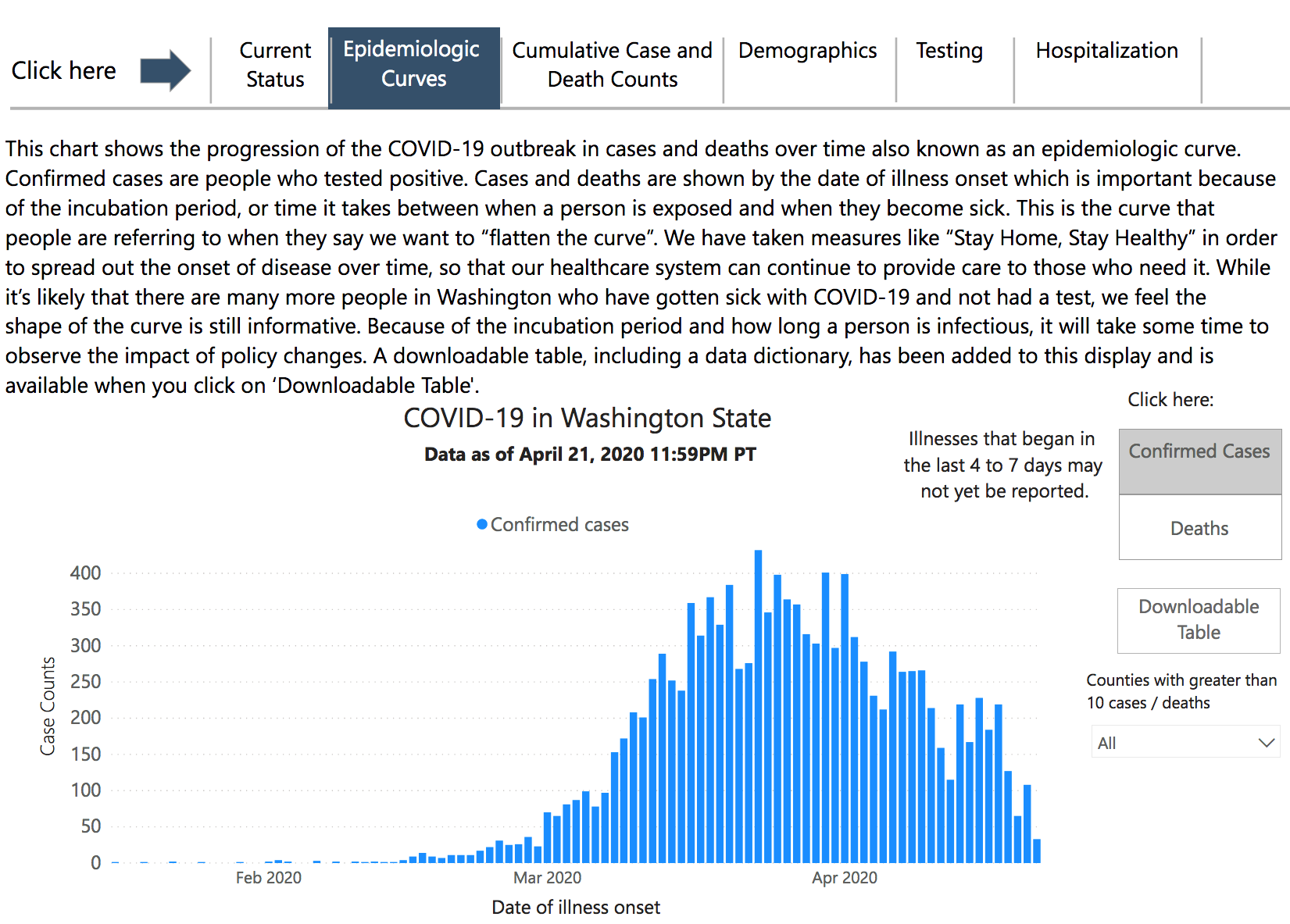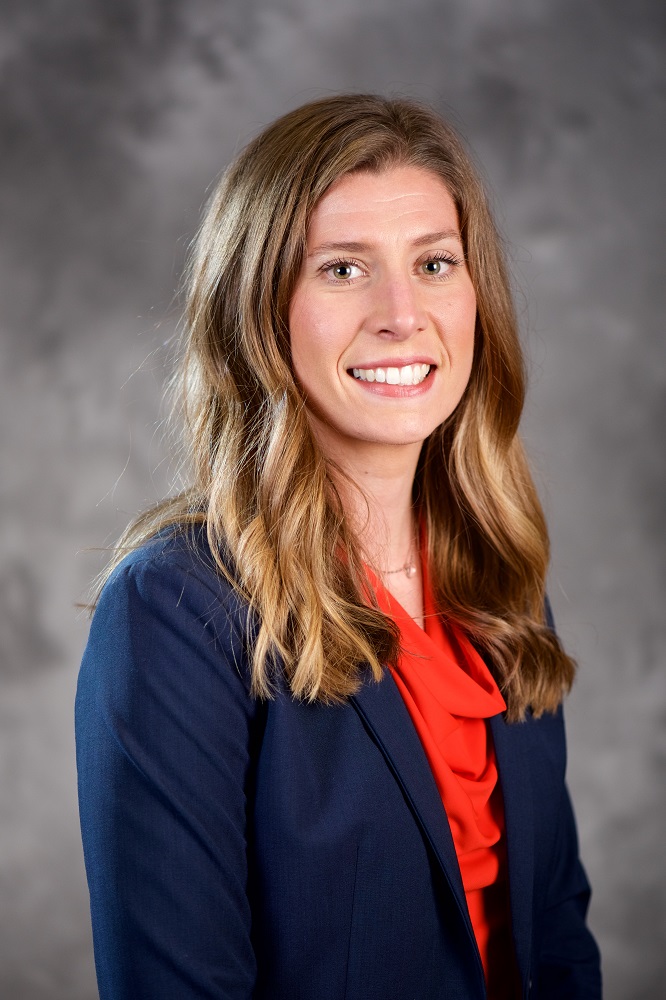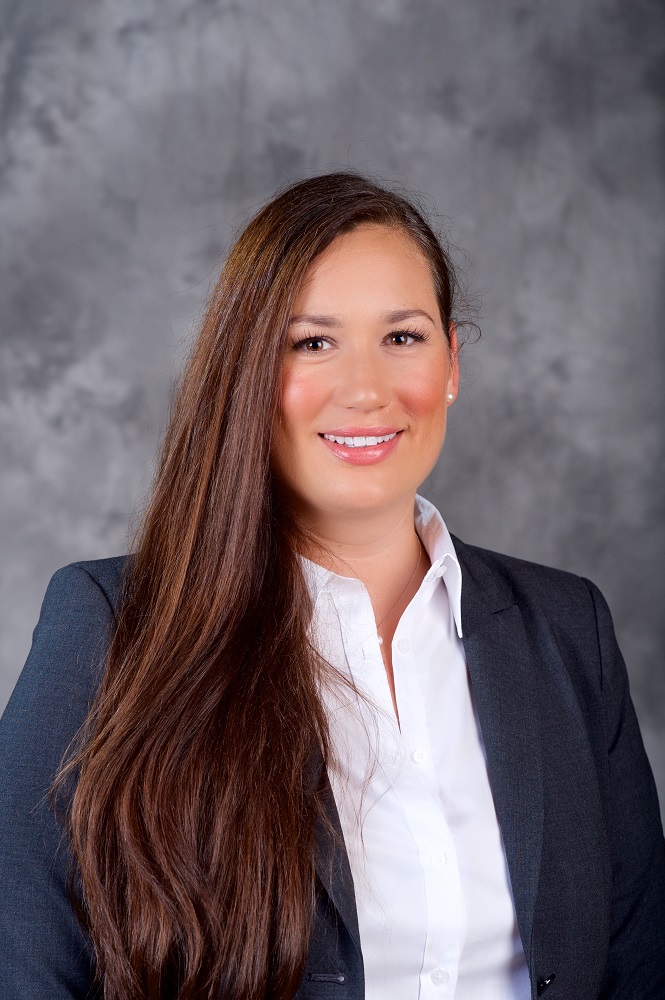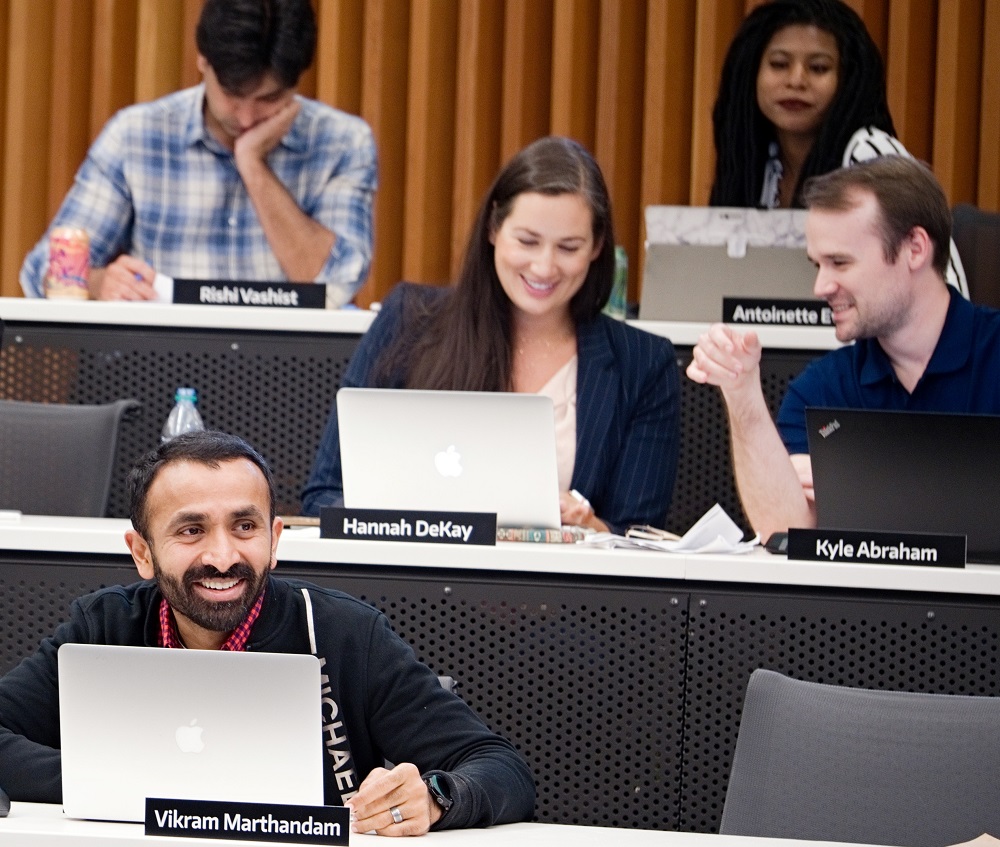Foster TMMBA students play lead roles in state and county COVID-19 response
COVID-19 has impacted everyone’s life and livelihood. For two students in the Technology Management MBA Program at the UW Foster School of Business, it has triggered unexpected career turns straight into the teeth of the pandemic.
In March, Hannah DeKay put on hold her job coordinating occupational education at Shoreline Community College to manage one of King County’s COVID-19 isolation/quarantine sites.
And after working for several years in epidemiology informatics for the Washington Department of Health, Kim Peifer now leads data management on the state health department’s COVID-19 response team, providing vital daily intelligence to decision makers and the public.
“My whole life is coronavirus now,” says Peifer. “It’s everything and all the time.”
A safe place to recover
Since 2015, DeKay has coordinated occupational education and training at Shoreline CC, where she developed and implemented strategies to train, lead and supervise faculty and worked with program and case managers to ensure equity and social justice for the at-risk students she served.
This all changed in the middle of March when Shoreline CC, like every school, shut its doors to help stem the spread of COVID-19. “Once they had us stop working on-site,” she says, I decided to volunteer to do whatever was needed.”
Much needed was someone to manage the isolation/ quarantine site in North Seattle, one of several operated by the King County as part of its pandemic response. DeKay’s facility was designed to house and care for 24 individuals or families who are experiencing homelessness and have tested positive or are awaiting test results for COVID-19 after showing symptoms or having contacted someone with a confirmed diagnosis.
For the first month, DeKay managed site logistics, including inventory, food deliveries and room turnover, as well as the operations of nurses, the behavioral health team and other service providers. Then she was promoted to site director and now leads all operations at the facility.
Her schedule has been a blur of 100-hour work weeks—all the while finishing her MBA on the side.
So, what motivated DeKay to volunteer on the frontline of this pandemic?
“I feel that I have an obligation to serve my community if I am able, and as someone who is young and healthy, I am able to do so,” DeKay says. “I also find a tremendous amount of value in the work, and I’m privileged to work with amazing people who are putting their lives on the line. They bring their best selves to work every day and motivate me to continue to do the same.”
Providing intelligence
Peifer came to Seattle in 2015 for an applied health informatics fellowship at the Washington State Department of Health. She continued with the department in its communicable diseases office as an informatics epidemiologist, helping implement a new surveillance system and then integrating lab reporting into the system.
On March 1 of this year, Peifer stepped into a new role as systems organization manager for the state’s Division of Disease Control and Health Statistics.
In her previous role, she worked on the team that monitors emerging outbreaks of flu, E.coli, salmonella, hepatitis, tuberculosis, measles—any of a litany of communicable diseases.
COVID-19 is not just any communicable disease. Since the state’s first case in mid-January, Peifer has been on the ground floor of the pandemic’s first North American epicenter.
“It was an interesting time to transition,” she says.
Peifer brings a systems approach to the COVID-19 response team. She leads data management, integrating and adapting data streams to enable synthesis of surveillance data and lab results from county health departments to generate intelligence that informs healthcare providers, policy makers, long-term care facility operators, pandemic modelers—and even “armchair epidemiologists” who can track testing, confirmed cases, deaths and demographics via daily public reports from the comfort of home.
 The constantly evolving nature of the novel coronavirus has been challenging, according to Peifer. Early efforts to monitor travelers, for instance, became obsolete the moment that a case of community transmission emerged. And newly discovered symptoms—like a loss of taste and smell—alter the criteria they need to track. The advent of antibody testing will likely be the next twist in the state’s fight against COVID-19.
The constantly evolving nature of the novel coronavirus has been challenging, according to Peifer. Early efforts to monitor travelers, for instance, became obsolete the moment that a case of community transmission emerged. And newly discovered symptoms—like a loss of taste and smell—alter the criteria they need to track. The advent of antibody testing will likely be the next twist in the state’s fight against COVID-19.
But Peifer is evolving as fast as the pandemic. “None of us has been through something like this before,” she says. “I’ve been impressed with the state’s leadership, and I’m grateful that our decision-making is as connected to data as it appears to be. And community response has been incredible.”
Post-pandemic future
DeKay is in her final quarter of the Foster TMMBA Program, which she sought to expand the impact of her work in the community.
“Part of getting an MBA was wanting to move into corporate social responsibility in the private sector,” she says. “How can a company like Microsoft or Amazon, that has tremendous resources, give back in an impactful way? As someone who has been working with populations in need for a long time, that’s where I see myself: finding meaningful ways for companies to support their communities.”
After graduating in June and completing and her work at the isolation and quarantine site, DeKay will join Amazon in operations management with a goal of migrating to CSR operations within a few years.
Peifer considered and ruled out clinical medicine and epidemiological research before arriving at an MBA as a means of amplifying her influence. But she intends to remain within the arena of public health. And the events of the past weeks have contributed mightily to her developing a “systems” approach to collective health.
“Throughout the COVID-19 outbreak, we’ve seen that healthcare, public health and population health are all interconnected,” she says. “But so is everything else. Lab tests are dependent on our ability to source the supplies to collect and assess specimens,” she says.
Call it the supply chain of life.
“This crisis has brought everything together for me,” Peifer adds. “And I feel grateful to be in the TMMBA Program right for helping process the pictures that have been painted by this experience in real time.”



